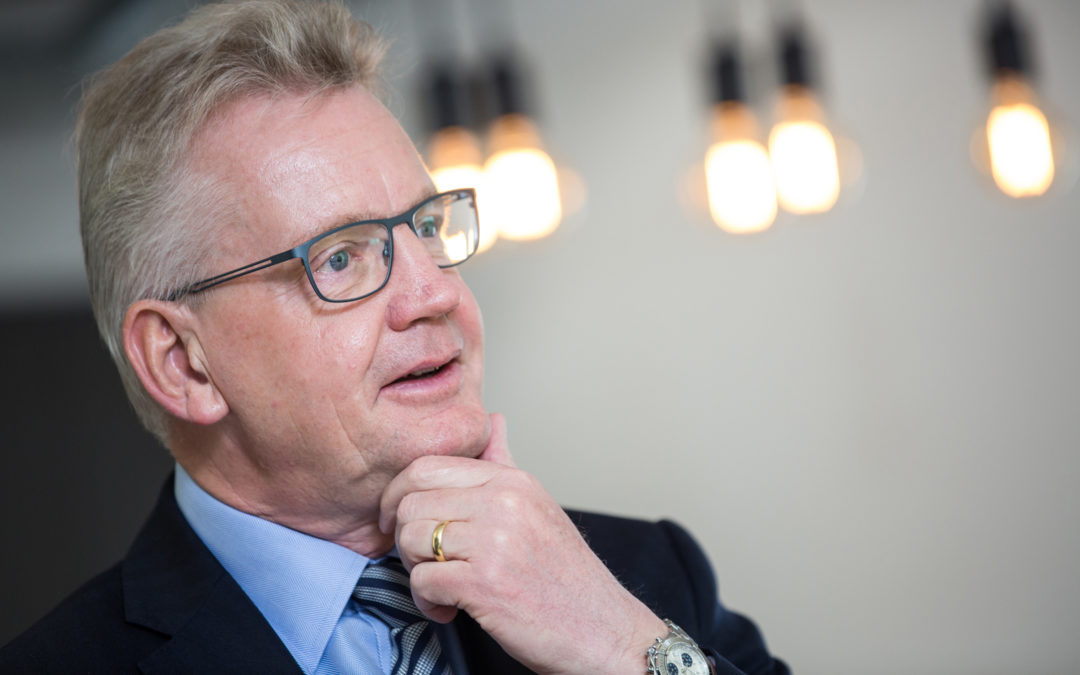The past decade will go down in history for many reasons, with most industries and markets experiencing major change.
Technology and finding the right people for your business continues to power the momentum. There remains a global battle for talent and new, progressive thinking about how culture and inclusion can shape competitive advantage.
As 2020 starts apace, our co-founder Mike Beesley, who is also CEO of Sanderson, one of the UK’s largest independent recruitment organisations, takes a look at how the dial has moved and how people businesses continue to evolve to meet current challenges – as well as those yet to come.
X2: The recruitment industry has changed massively in the past 10 years. in which areas has this been most apparent?
Mike Beesley (MB): Probably the size and volume of activities now undertaken. The markets have grown exponentially fuelled by an increasingly mobile workforce with no one any longer taking a job for life. Businesses globally, and particularly in the UK, have come to rely upon a flexible employment model and it’s important this flexibility is understood, maintained and cultivated. And technology, of course, continues to push boundaries. But recruitment is still a people industry so it’s also very important that tech is applied as aiding the process and nowa replacement for human interaction.
X2: So, how has leadership had to adapt?
MB: Growing and managing teams that are working increasingly flexibly and remotely is vital. Developing an underlying positive culture when you cannot see your people on a day-to-day basis is hard and it’s going to take more thinking to get that right. This then also widens out into the diversity and inclusion agenda, which remains something that many businesses struggle with, especially as the economic and political landscape changes.
X2: What are your predictions for the recruitment industry and recruitment in general?
MB: Technology, particularly AI and augmented intelligence is going to explode. I suspect we will edge ever closer to bigger, globally integrated markets fully embracing technologies that will enable communication across languages, cultures and time zones. The virtual office! There will also be major adjustments in hiring strategies, engaging in less formulaic approaches to find creative people who may not tick the current boxes in terms of background and education but who bring new ideas and problem-solving capabilities to the table. I think there’s a lot of great opportunity here, which could potentially have a massively positive effect on society as a whole.
X2: What are your top tips for people starting a business in 2020 and beyond?
MB: My background is in starting and scaling recruitment business and there has never been a better time to do this than now. But the rules are applicable across the board. Engage with experts to do the things you cannot do and focus your time exclusively on business development, client engagement and building brand loyalty. Do not waste your time building websites, designing logos and picking the office coffee machine! There are far more qualified people out there than you. From a financial and legal perspective get the best possible advice you can. Cheap doesn’t necessarily mean good. “Buy cheap, buy twice” is a mistake you cannot afford to make in the early days of setting up your business.
X2: In terms of your own experiences over the past 10 years, what have been stand out moments?
MB: I’ve personally been very interested to see how political uncertainty can fundamentally affect business confidence and I’m sure we’ll be dealing with the ramifications of everything that’s happened over the last few years for at least the next decade and beyond. But one of the things I’ve always known is that there is opportunity in everything. Challenging market conditions, whilst disruptive, provide other ways of thinking and chances to do things differently. It’s important to embrace this and ensure your business is able to respond when more favourable trading conditions return. Having experienced a number of recessionary situations I learnt a long time ago it’s what you do at that time that will define your business of the future – and it can be fun!

